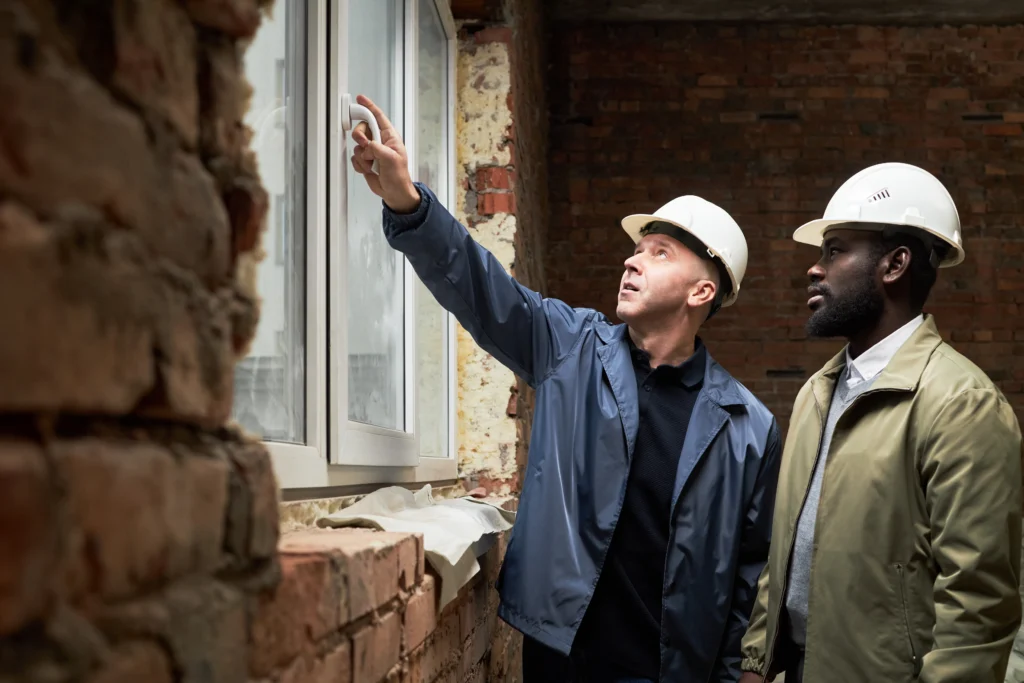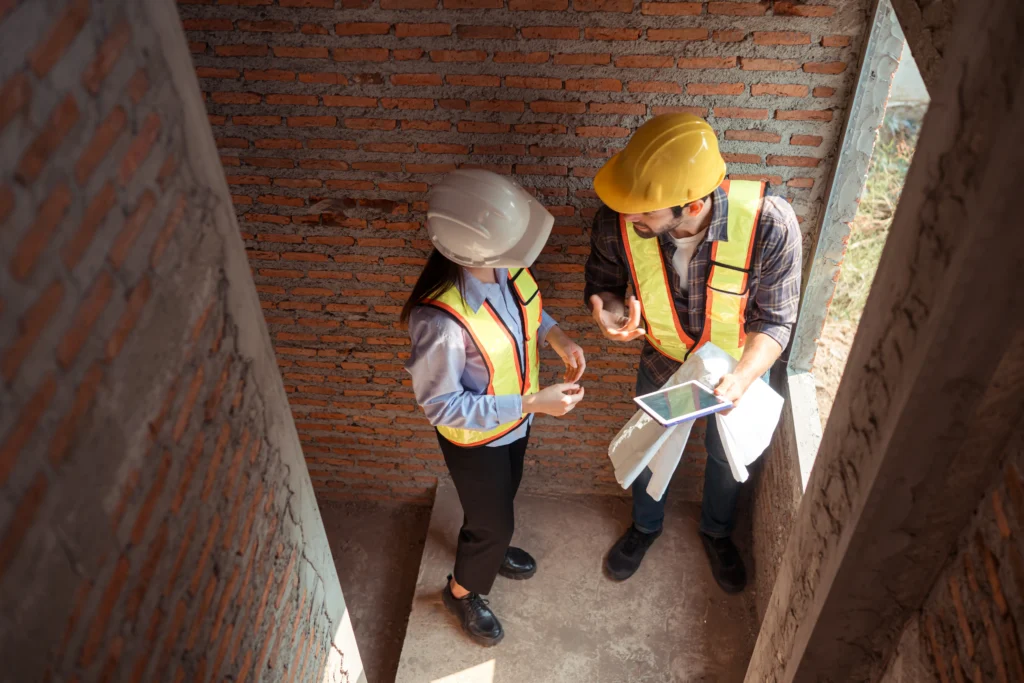The role of a home inspector is vital in the home buying process. These professionals serve as the eyes and ears of the buyer, assessing visible elements of a home’s condition before a sale is finalized. But while the job may seem straightforward—walk through a house, point out defects, write a report—it actually requires a unique combination of technical knowledge, interpersonal skills, and strict adherence to standards. So, what does it take to be a home inspector? The answer is a blend of education, training, licensing, and character.
Understanding the full path to becoming a professional home inspector provides valuable insight, whether you’re interested in entering the field or simply want to appreciate the value behind your inspection report.

Education and Background Requirements
Contrary to popular belief, most states don’t require a college degree to become a home inspector. However, a high school diploma or GED is typically the minimum educational requirement. What’s more important is acquiring knowledge in construction practices, building systems, and local building codes.
Many successful inspectors have backgrounds in construction, engineering, architecture, or real estate. However, others enter the field through formal training programs offered by accredited institutions. These programs cover inspection procedures, structural systems, roofing, plumbing, electrical, and HVAC components—essential knowledge areas for any aspiring inspector.
Organizations such as InterNACHI and ASHI offer courses and certifications that are highly regarded in the industry.

State Licensing and Certification
Each state sets its own requirements for home inspector licensure. In Ohio, home inspectors must complete the following steps:
- Pass a state-approved training course
- Complete a minimum number of supervised inspections
- Pass the National Home Inspector Examination (NHIE)
- Submit a license application to the Ohio Division of Real Estate & Professional Licensing
- Carry liability and errors & omissions insurance
The Ohio Department of Commerce outlines these requirements in detail for anyone looking to get licensed. These steps ensure that licensed inspectors meet both competency and ethical standards before entering people’s homes.

Technical Knowledge and Continuous Learning
Home inspectors must stay current with evolving building materials, code updates, and inspection technologies. Continuing education is often a licensing requirement and is essential for staying competitive.
For example, infrared thermal cameras, moisture meters, drones for roof inspections, and digital reporting tools are becoming more common. A qualified inspector must understand how to operate these tools correctly and interpret the results.
Companies like Icon Home Inspectors invest in ongoing education and modern equipment, ensuring their clients receive accurate, up-to-date insights on every inspection.

Physical and Mental Demands
The job isn’t confined to clipboard and keyboard work. Home inspectors often climb ladders, crawl under decks, squeeze into attics, and walk on rooftops. Physical fitness and agility are a must.
Equally important is the mental stamina needed to assess a home thoroughly, often in a limited time window, while documenting findings with precision. Strong attention to detail, good judgment, and the ability to manage stress all come into play.

Communication and Customer Service Skills
While technical knowledge is essential, a great home inspector must also know how to communicate findings clearly and professionally. Clients are often unfamiliar with building systems or terminology, so inspectors must translate complex issues into understandable language.
Writing a comprehensive, easy-to-read report is one piece of the puzzle. The other is delivering the information in a calm, balanced way. A home inspection can be emotional—especially if serious defects are discovered—so inspectors must remain objective, supportive, and informative.
Inspectors who partner with companies like Icon Home Inspectors also understand the importance of maintaining a professional and courteous manner throughout the process.
Ethics and Professional Integrity
Home inspectors have a fiduciary duty to act in the best interest of their client, usually the buyer. This means providing unbiased information, avoiding conflicts of interest, and maintaining client confidentiality.
Professional associations like InterNACHI and ASHI enforce strict codes of ethics. For example, an inspector must not perform repairs on a home they have inspected, to avoid any appearance of impropriety. Maintaining this ethical line is critical for long-term credibility.

Business and Marketing Skills (for Independents)
Many home inspectors operate their own businesses, which means they also need to understand marketing, client acquisition, scheduling, accounting, and customer follow-up.
Establishing a trustworthy online presence, earning positive reviews, and building relationships with real estate agents are all part of a successful home inspection practice. Inspectors who work for a team—like the professionals at Icon—may have these business elements handled for them, allowing them to focus solely on inspection quality.
Final Thoughts
So, what does it take to be a home inspector? It takes more than a flashlight and a checklist. A qualified home inspector is part technician, part detective, part educator, and part customer service representative. The path involves licensing, rigorous training, and an ongoing commitment to excellence.
Clients in Northeast Ohio who work with Icon Home Inspectors benefit from inspectors who bring this full spectrum of skills to every appointment—helping buyers make informed decisions and ensuring peace of mind long after closing.